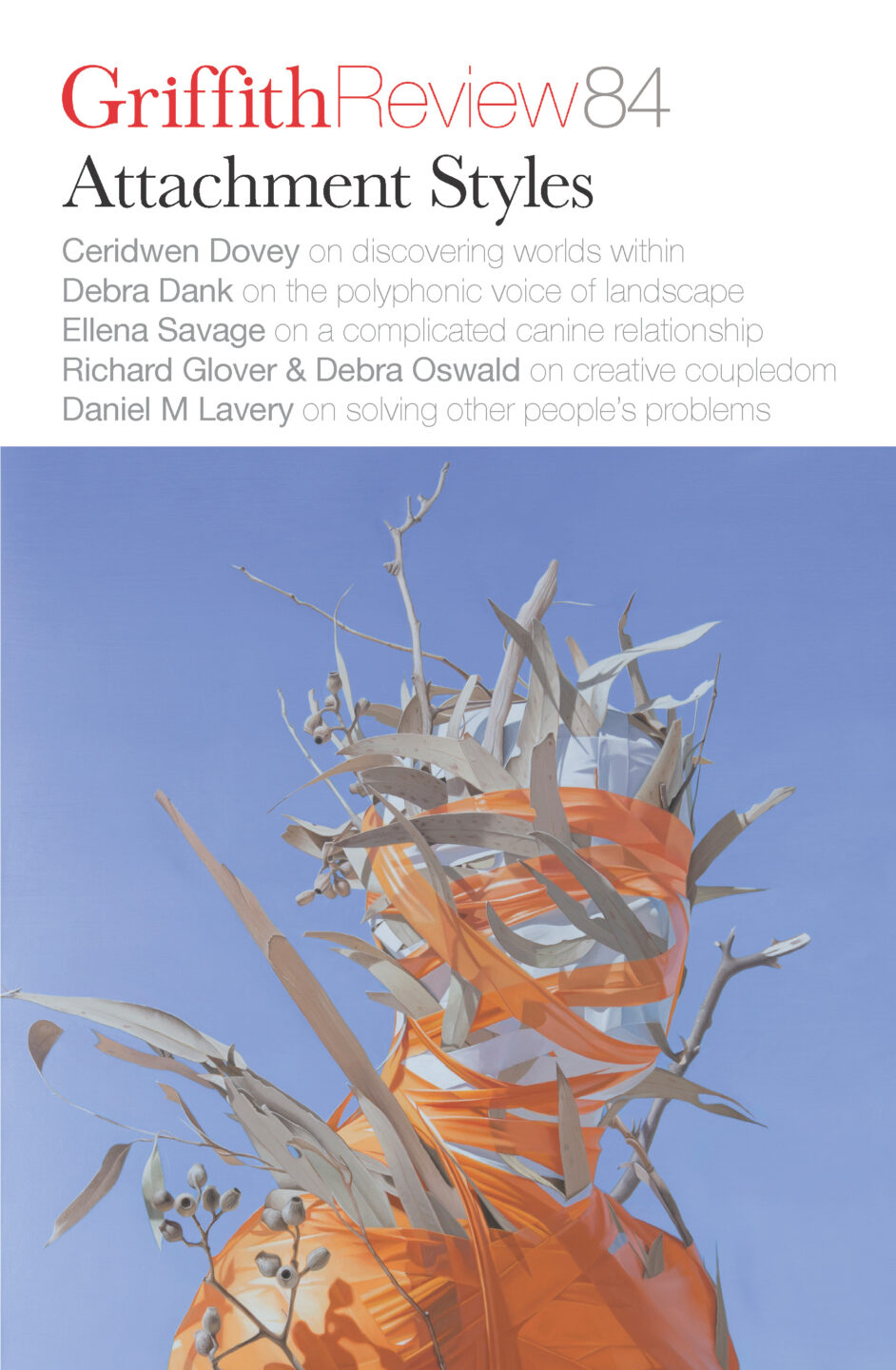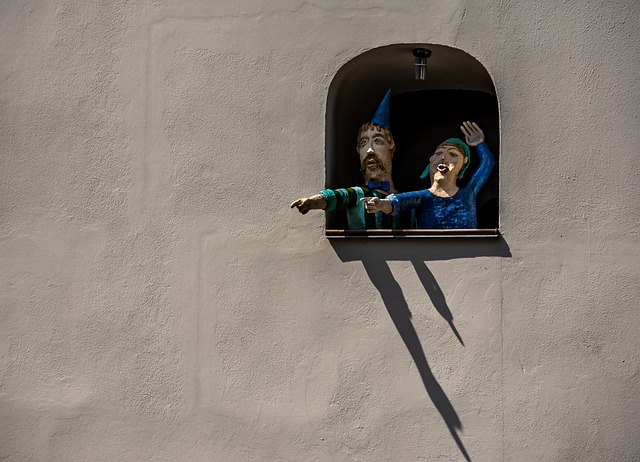Featured in

- Published 20240507
- ISBN: 978-1-922212-95-5
- Extent: 203pp
- Paperback, ePub, PDF, Kindle compatible


Already a subscriber? Sign in here
If you are an educator or student wishing to access content for study purposes please contact us at griffithreview@griffith.edu.au
Share article
More from author

Five million years on the right side of history
Whether ‘Anthropocene’ is confirmed as the title of our present remains to be seen. And yet, while few agree on what defines our epoch, there is a general sense that it should be defined; that correct periodisation will help us fix the mess we’re in; that even if those with power aren’t listening to the scientists and the critics, someone else is.
More from this edition

The Orcanauts
FictionAs admiral, my rank is Navarch. Below me serve three Plotarchs, or strike-team leaders. The rest, including the calves, are rank and file Orcanauts. Thus far, we have operated as a guerrilla force, mounting unexpected assaults on the enemy fleet, causing maximum disruption to their supply channels and leisure activities before fleeing for the safety of deep, open water. It has been a highly effective strategy, but too piecemeal. The drylanders have dispatched scientists to study our behaviour and offer explanations, rather than send divers and submarines to face us in battle. Their media have portrayed me as a rampaging fish, driven mad by some traumatic encounter with one of their boats.

It takes two
In Conversation Across nearly five decades, Richard Glover and Debra Oswald have been spinning the stuff of everyday life – family dynamics, growing pains, relationships, the ever-amusing...

Exemplary
Poetry The superego’s unvarying verdict: you have failed, you deserve it, get over it! Stay in your own psychotic micro-enclave, opining about enactment and re-enactment. Now and again there’s...